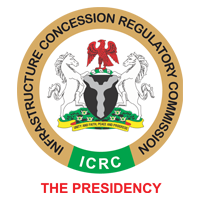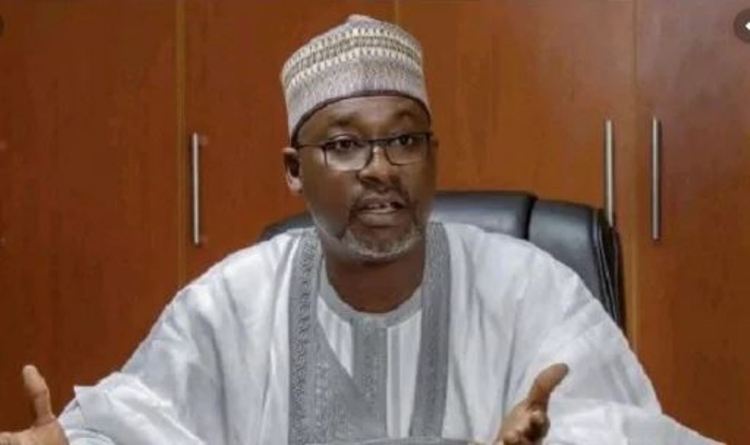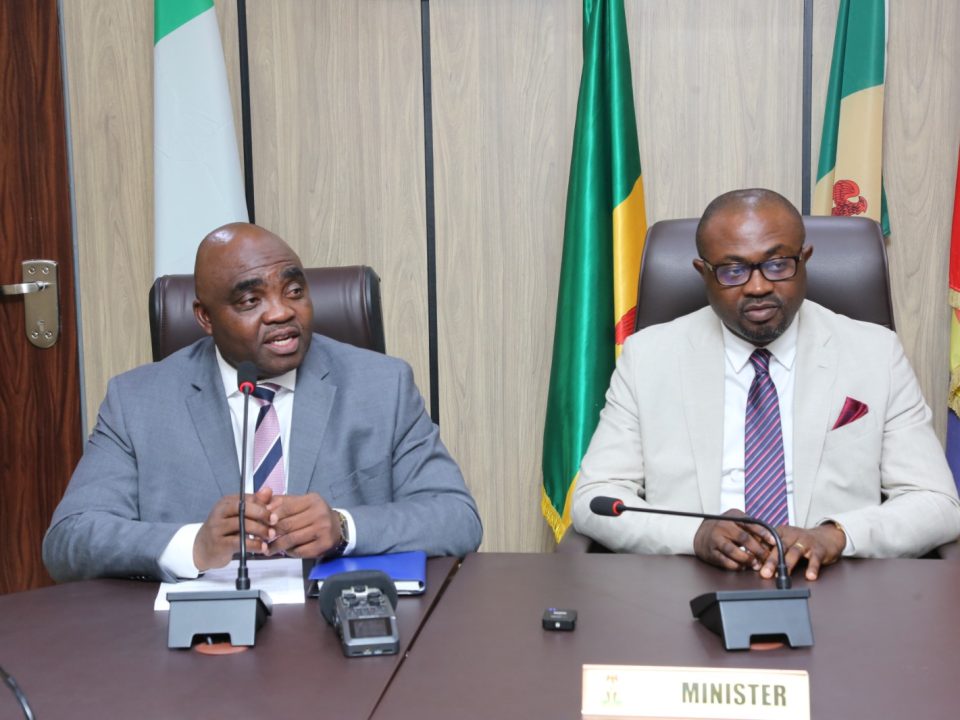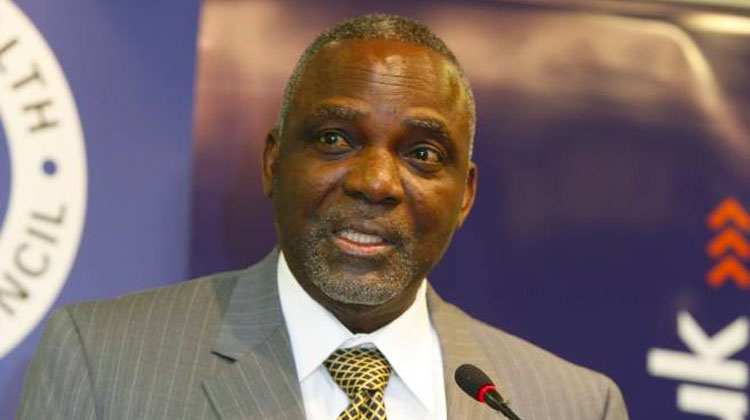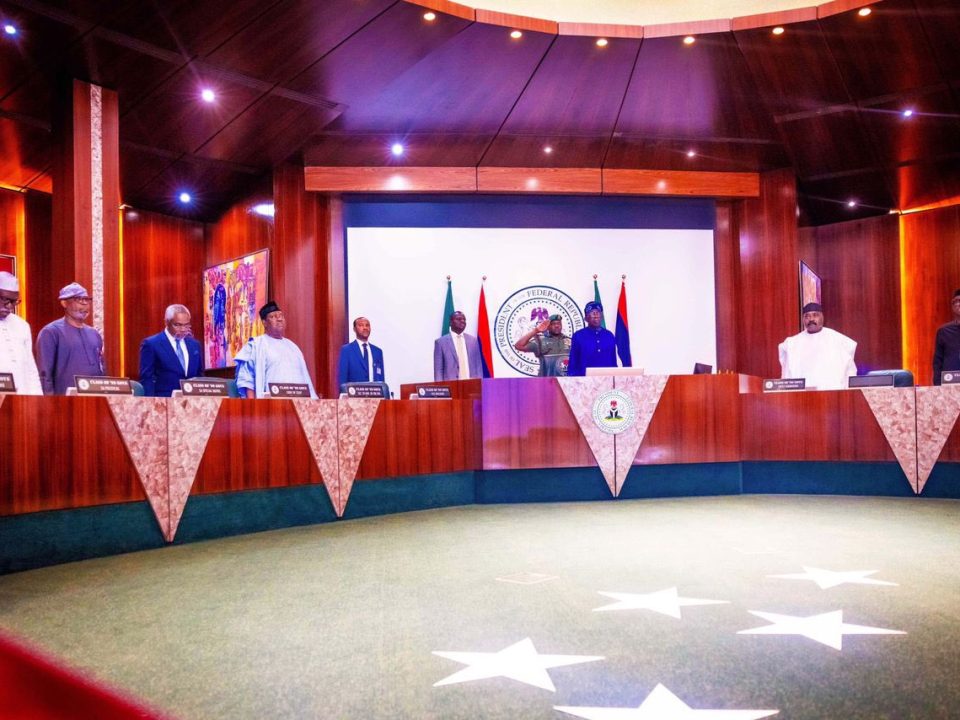Hydro Power Plant Is Injecting Power Into National Grid – Adamu
In this interview with KINGSLEY OKOH, the Minister of Water Resources, Suleiman Adamu speaks on the provision of irrigation facilities and how Nigeria is adding more power to the national grid through the dams.
Opposition to the Water Bill is getting stronger by the day. Are you engaging enough with the leadership of the national assembly?
Recently we had a meeting with the chairman of the Senate and House Committees on the way forward. I equally had a meeting in camera with the House Committee on Water. Part of the problem has been the COVID-19 lockdown that has slowed things down. We feel without that Bill, it means my mission is unaccomplished. So, I am going to work to the last day to ensure that we get this Bill passed.
Whoever we need to talk to, whoever we need to convince, we will continue to work on it. Even the Governor of Benue state, after my meeting with the Governors Forum, they asked relevant questions and I answered it. Since then, I have not had any opposing comment or fear from his end.
How do explain the slow pace in the provision of irrigation facilities and adding more power to the national grid through the dams?
Like I said earlier, the COVID-19 lockdown slowed us down but that is not to say that things are not happening. We concessioned the Gurara Hydro Power to Messrs North South Power. The concession of Dadin Kowa was already there since 2005, but it was not on stream. Now, the Hydro power plant is injecting power into the national grid. It is working and it is a question of just commissioning it.
The concessionaire is having some issues trying to get buyers of the power. He is negotiating with various customers. The scheme has been tested and it is injecting power into the national grid. Also, the Kashimbila with 40 megawatts hydro power station, we have finished 100 percent; it is the Ministry of Power through the Transmission Company that has finished the transmission lines. It is also injecting power to the national grid.
We are in the process of concessioning it. The transaction advisers have been working. Already, the Infrastructure Concession Regulatory Commission (ICRC) has issued the outline business details to us. A lot of work is going on but there are processes involved and it takes time. The Itisi Dam is a proposal on the drawing board. The consultant has completed the final design. When we signed the MoU with the Kaduna state government, it was on the preliminary design but we have to go now and do a detailed engineering design which took us about a year and it has been completed.
We have reviewed the draft final report and we are waiting for the consultant to provide the final report for us to go into the next phase of the job. It has not come in now; I expect it very shortly. Already, we have gone far talking to potential investors and concessionaires. What we are looking at is a company that can take over the project and do it on a BOT basis from the dam, the hydropower, which also has a potential of 40MWs.
We have about six companies that have shown interest and we are soon going to advertise for that project and we have been working with ICRC. Once the final engineering design has been done and we have an idea of the cost, we share with the potential investors.
How have you harnessed loans and grants from multilateral institutions, especially the $700 million coming for water projects in Nigeria?
First of all, Nigeria is a member of the World Bank; we are on the board of directors like every other member country. We are in IMF; we make contributions. In some way, it is money that we are entitled to and these loans are soft loans. You have a moratorium or when to start repaying. Normally, they have a 20-30 years repayment period.
If they have interests, they are very low. Mostly it is the commitment fees and some charges. If a country is running into trouble at some point, the World Bank and the IMF can also restructure the facility. It is cheap money and it is money that every member country is entitled to. Every country in the World borrows from the World Bank. It is not only Nigeria and there is nothing wrong with it.
The money is for development and what is important for this administration is that all the money we borrow, we are putting it in development and everybody can see. You have seen the railways, the Sukuk funds that we are using to do some of the roads and selected highways.
There is nothing really wrong about obtaining loans from international financing institutions. Again, the loan is not going to the federal government as such but the states but the federal government is guaranteeing the facility. The states must meet certain conditions before they can qualify for the facilities. The eligible states have been selected, that is for those who will benefit from the facilities, which is about $50-60 million.
Hydro Power Plant Is Injecting Power Into National Grid – Adamu (leadership.ng)
